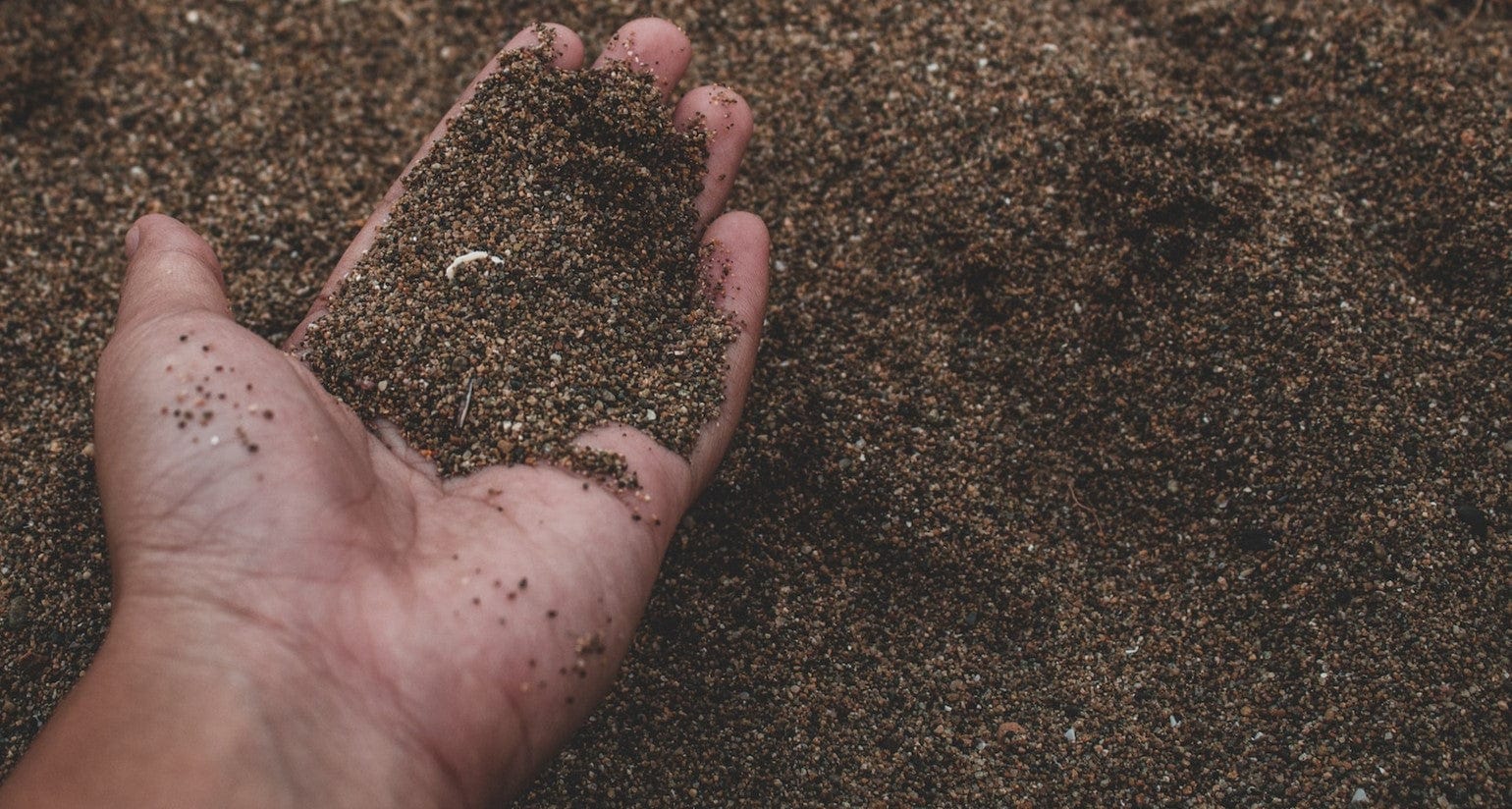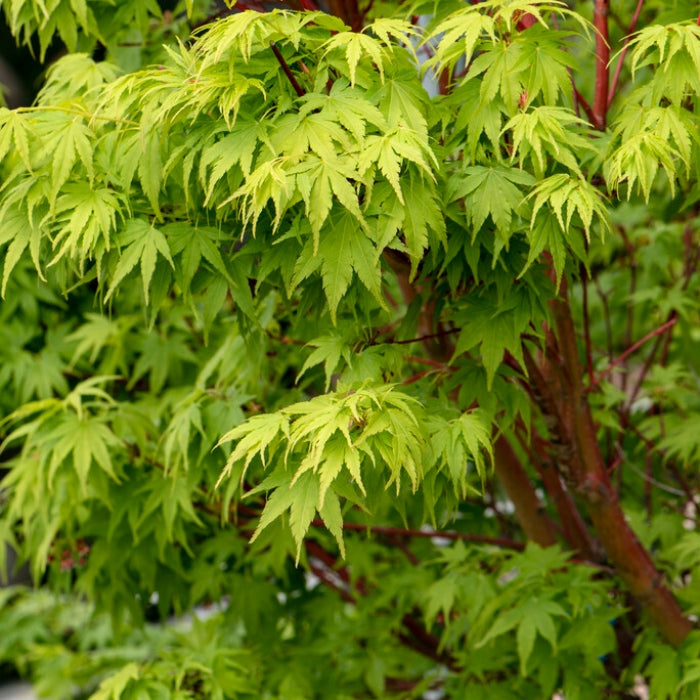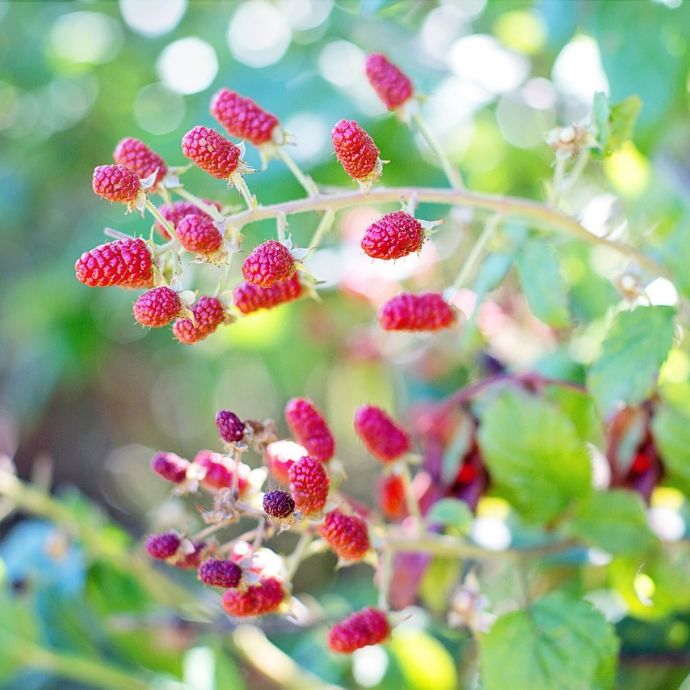What Kind of Soil Do I Have?

The soil in your garden can be one of six main types - chalky, clay, loamy, peaty, sandy and silty. But how do you know which kind you have, and what does it mean for your plants? Read on to find out.
Different types of soil
The easiest way of testing your soil is to get your hands in it! Feel how it holds together or crumbles, and look at it close up.
Chalk feels gritty and will fall through your fingers. It may contain small stones.
Clay is hard and cracked when it’s dry and holds together in a ball when wet.
Loam is the perfect mix of clay, sand and silt. It rolls into a ball but won’t keep its shape.
Peat is dark in colour and feels spongy when you squeeze it.
Sand feels gritty and crumbles when you try to roll it into a ball.
Silt is very fine, and feels smooth. It rolls into a ball but crumbles easily.
You can also test the PH level of your soil to find out if it’s acid, neutral or alkaline - testing kits are available online.
What can I grow?
Chalk soil try growing alkaline loving plants such as Lavender, Lilac and Honeysuckle.
Clay soil is great for Foxgloves, Euphorbia and Roses.
Loam can handle anything, but acid or alkaline loving plants will need specialist feeds.
Peat is perfect for acid loving plants including Blueberries, Azaleas and Rhododendrons.
Sandy soil is perfect for drought tolerant plants like Star Jasmine, Dianthus, Sedum and Allium.
Silt soil will have most plants thriving, especially vegetables, fruit trees and soft fruits.

How can I improve my soil?
Changing the structure of your soil takes some work, but it can allow you to grow a better variety of plants. For Clay, dig well to aerate the soil and mulch generously with coarse grit, bark or well rotted organic matter. Sandy soil also needs plenty of organic matter (manure or well rotted compost) mixed in to help it retain moisture. Chalky soil will benefit from regularly added fertiliser as it quickly loses nutrients.
All soils will benefit from adding home made compost - to find out how to make your own, read our guide here.

Last updated: 13/11/2023





















